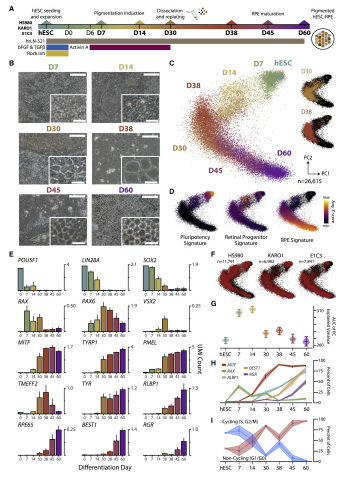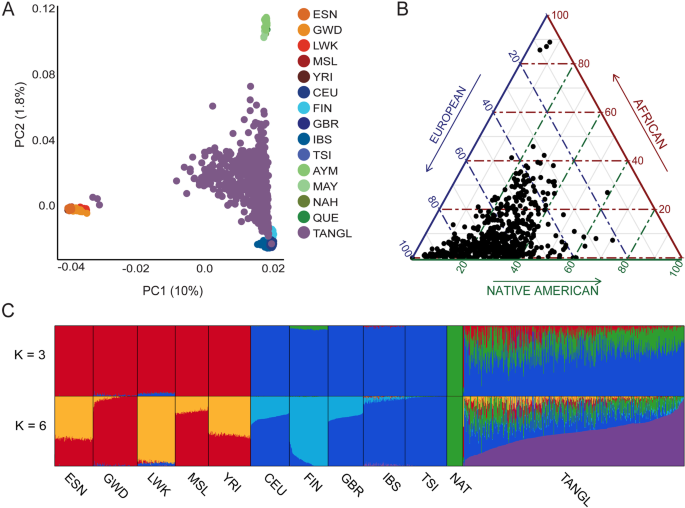デジタル技術の使用に関する現在の測定方法は、目的に合っていないと大学の研究者が述べています。 Current measures of digital technology use are not fit for purpose, say University researchers.
2022-06-14 バース大学
Computers in Human Behaviourに掲載された3つの別々の研究では、尺度の機能を分析し、それらが何を測定しているかを正確に調べることに着手し、スマートフォン中毒尺度、インターネットゲーム障害尺度、ベルゲン・ソーシャルメディア中毒尺度、問題あるシリーズ視聴尺度を分析した。
研究者は、ゲームやソーシャルメディアプラットフォームからの行動の正確な測定と同時に、人々のデジタル技術を使った日常的な経験を理解するために、さらなる研究が必要であると述べています。
<関連情報>
- https://www.bath.ac.uk/announcements/fears-over-technology-addictions-and-disorders-may-be-unjustified-shows-research/
- https://www.sciencedirect.com/science/article/pii/S0747563222000280?via%3Dihub
技術利用尺度におけるファジーな構成要素 Fuzzy constructs in technology usage scales
Brittany I.Davidson,Heather Shaw,David A.Ellis
Computers in Human Behaviour Available online: 31 January 2022
DOI:https://doi.org/10.1016/j.chb.2022.107206

Abstract
The mass adoption of digital technologies raises questions about how they impact people and society. Associations between technology use and negative correlates (e.g., depression and anxiety) remain common. However, pre-registered studies have failed to replicate these findings. Regardless of direction, many designs rely on psychometric scales that claim to define and quantify a construct associated with technology engagement. These often suggest clinical manifestations present as disorders or addictions. Given their importance for research integrity, we consider what these scales might be measuring. Across three studies, we observe that many psychometric scales align with a single, identical construct despite claims they capture something unique. We conclude that many technology measures appear to measure a similar, poorly defined construct that sometimes overlaps with pre-existing measures of well-being. Social scientists should critically consider how they proceed methodologically and conceptually when developing psychometric scales in this domain to ensure research findings sit on solid foundations.


